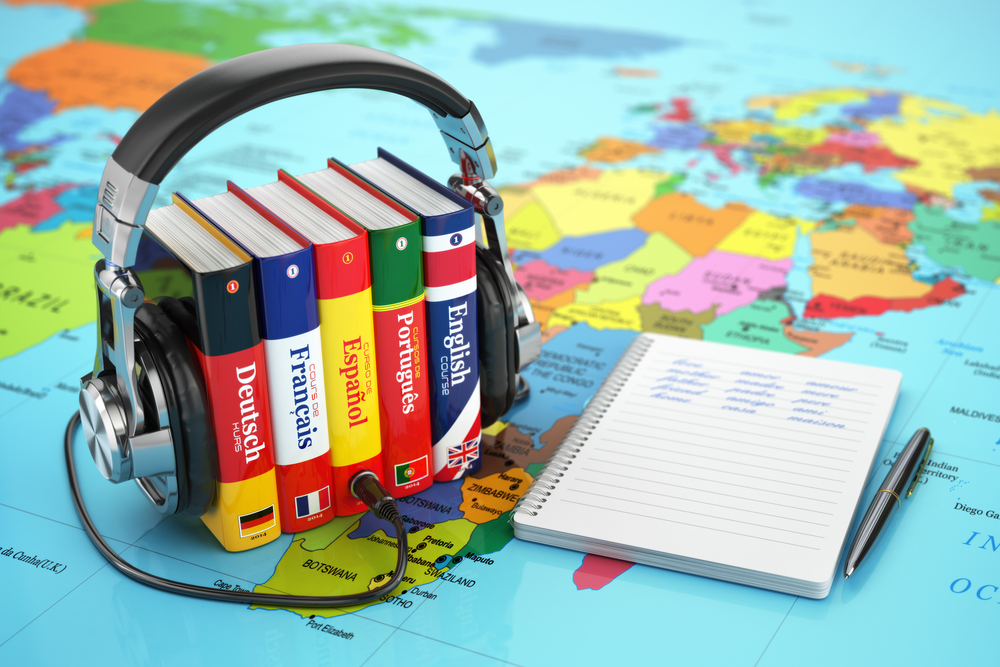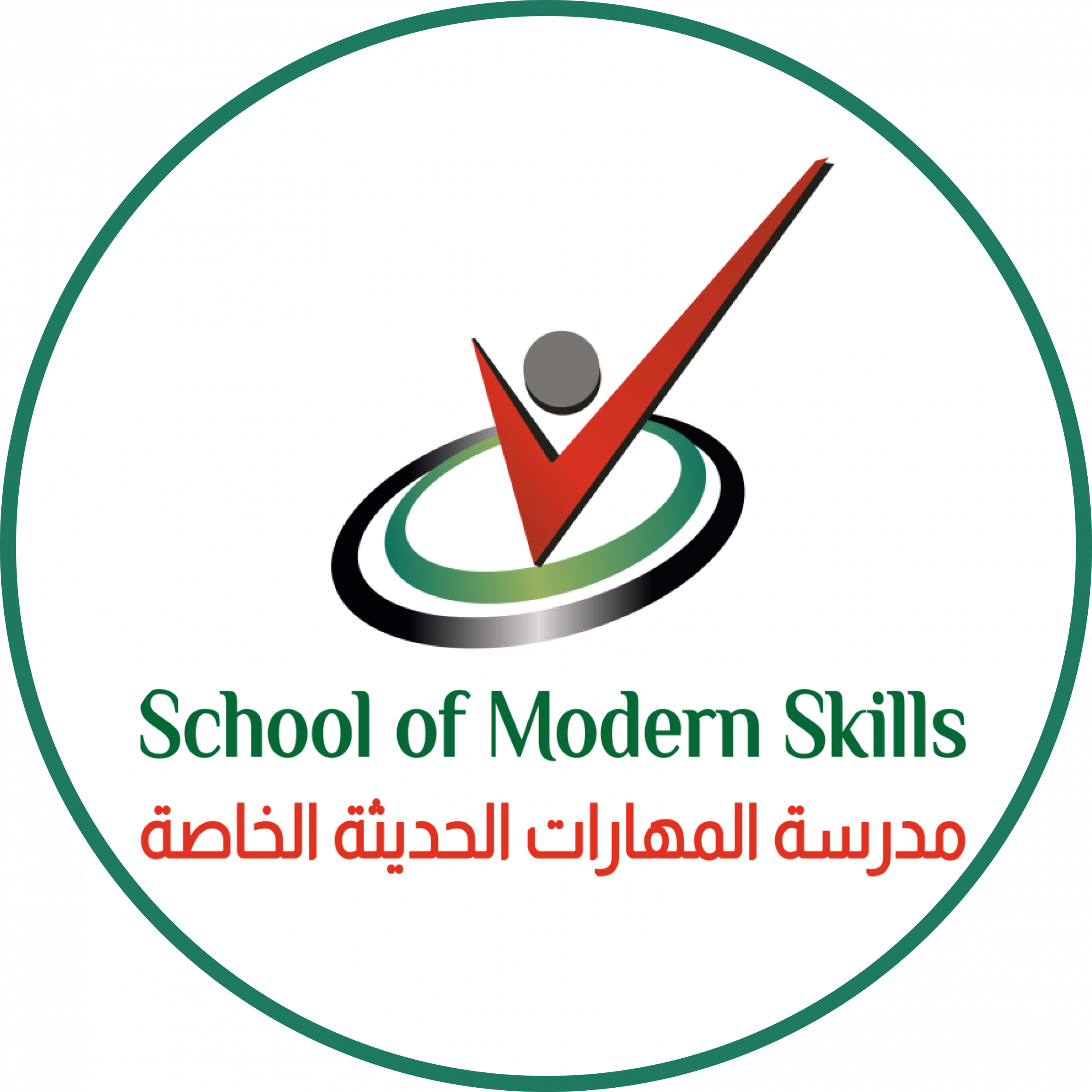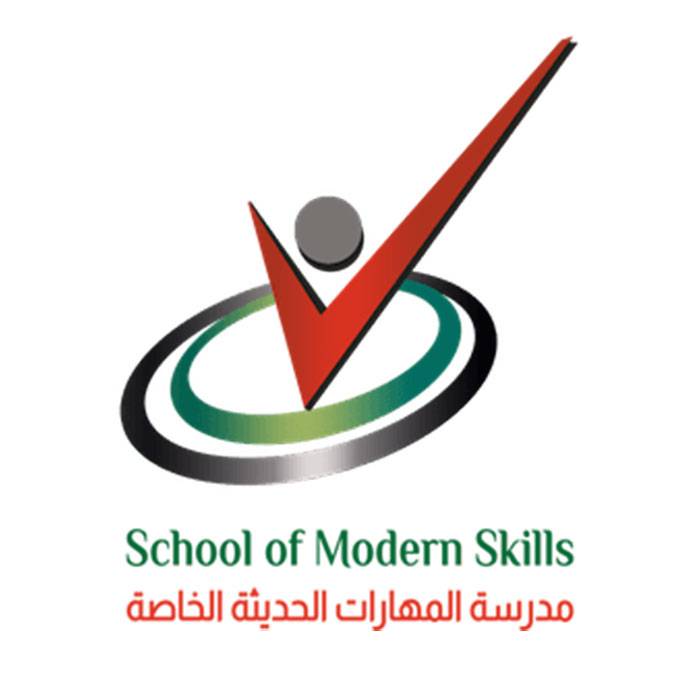
Learning a second language can benefit individuals greatly in many personal and social aspects of life. But which are the best languages to learn and why? Let’s take a look.
Why Learn a Language?
Learning a language opens doors to new cultures, people, and opportunities so it’s an important part of school life for students in every country. Here are a few reasons why learning a language is valuable:
- Communication
- Cultural understanding
- Ease in traveling
- Career opportunities
- Cognitive function
- Personal growth
- Access to knowledge
Communicating with people of different backgrounds allows you to gain a wider understanding of their culture, empathizing and immersing yourself in their lives, whether you’re traveling or living in a different country. Languages themselves are also deeply intertwined with culture, so not only can you learn from each person you communicate with, but you can also gain a wider understanding of the culture and perspective they have.
In today’s globalized world, multilingualism is also a valuable skill in many industries, so learning a second or third language can greatly enhance your career prospects, especially in the world of international business, diplomacy, tourism, or translation.
The actual process of learning a language exercises your brain too, improving cognitive functions like memory, problem-solving, and multitasking. This can be useful in performing daily tasks, but can even delay the onset of age-related cognitive decline.
Plus, many valuable resources like literature, films, and academic papers are available only in their original languages, so having a good grasp of those languages gives you access to a wealth of knowledge that is inaccessible to others.
What Age is Best to Start Learning a Language?

You can learn a language at any age, but the best age to start learning a language can vary depending on individual factors and goals. There are a few key points to consider, however, which may make it more beneficial to begin learning at a certain age.
Young children have a remarkable ability to absorb languages effortlessly; exposing them to multiple languages from a young age, through immersion, play, and interaction, can lead to bilingual or multilingual proficiency with little effort. However, during adolescence, the brain is still highly adaptable, making it an optimal time to start learning a new language. Teenagers often have more structured learning environments and cognitive abilities that facilitate language acquisition and an understanding of the structure of languages.
However, starting to learn a language in early childhood can offer several advantages as younger children have highly plastic brains, meaning they are exceptionally adaptable and capable of forming new neural connections. This makes them incredibly efficient language learners, as they can easily absorb vocabulary, grammar structures, and pronunciation through immersion and interaction, just as they would with their native language.
Bilingual children often demonstrate superior executive function and cognitive control compared to monolingual peers due to the cognitive benefits of learning another language, such as problem-solving skills, creativity, and flexibility of thought.
What Are the Top 3 Best Languages to Learn?

There are a lot of factors to consider when trying to work out the best languages to learn, which can change regularly according to the changing job markets and growing populations. So, while many lists currently include Hindi, Portuguese and Japanese, generally, the three most important languages are considered to be:
- English
- Arabic
- French
Let’s look at the main benefits of each one.
English
English is one of the most widely spoken languages in the world, serving as a lingua franca in many international contexts, including business, academia, technology, and tourism. Learning English opens doors to communication with speakers from diverse linguistic backgrounds, allowing English speakers to engage with different cultures in a variety of countries as well as opening the door to a number of brilliant career opportunities. Literature, academic research, and online resources are also usually available in English, so knowledge of English allows access to this wealth of knowledge.
English-speaking countries, particularly the United States and the United Kingdom, have had a significant impact on global culture, including music, film, literature, and popular culture. Learning English allows engagement with English-language media, particularly important for young people as English is the dominant language of the internet, with a significant portion of online content available in English.
Arabic
Arabic is the fifth most spoken language in the world by native speakers, with over 310 million speakers across more than 20 countries. It is the official language of the Arab League and is widely used in international diplomacy, trade, and media.
Arabic-speaking countries play a significant role in the global economy, particularly in industries such as oil and gas, finance, and telecommunications. Moreover, the Middle East and North Africa region is strategically important geopolitically, with Arabic-speaking countries playing a crucial role in international affairs. So, proficiency in Arabic can enhance career opportunities and facilitate business relationships internationally.
Arabic has a rich cultural and literary tradition dating back centuries, with contributions to fields such as poetry, philosophy, science, and architecture. Learning Arabic provides access to a wealth of literature, art, and historical texts that have shaped human civilization.
As the language of the Quran, the holy book of Islam, Muslims around the world regard Arabic as a sacred language and often learn it to better understand Islamic teachings and perform religious rituals. Learning Arabic can enhance cultural and religious understanding, especially when living in an Arabic-speaking country such as the UAE.
French
French is spoken by over 275 million people worldwide and is an official language in 29 countries, as well as being used as a primary or secondary language in international organizations such as the United Nations and UNESCO. French is therefore integral in the fields of diplomacy, international relations, and business; with one of the largest economies in the world, proficiency in French can enhance career opportunities and facilitate a multitude of business relationships.
France is renowned for its contributions to art, literature, philosophy, cuisine, and fashion, as well as being useful for travel and tourism; learning French provides access to a treasure trove of literature, films, music, and other cultural expressions that have influenced global culture. France is also home to prestigious universities and research institutions, and many scholarly works are published in French, so a good grasp of French can open doors to academic research and study abroad opportunities.
Learning one Romance language also helps linguists who are interested in learning a multitude of other languages. French shares linguistic similarities with Spanish, Italian, and Portuguese, so learning French can therefore provide a strong foundation for acquiring additional languages in the same language family.
What Languages are Taught at Dubai SMS?

Dubai SMS wants to support students in their future careers and travel across the world as well as enable development of the many industries thriving in Dubai itself. That’s why we teach our students English, French and Arabic as part of our American curriculum influenced by local Dubai culture.
As an American school in Dubai, our mission is to create well-rounded, empathetic, global citizens with our curriculum and language program, which is why we teach three of the most important languages to learn in the modern day for personal growth and career prospects.
Learn at Dubai School of Modern Skills
If you’re interested in sending your children to the Dubai School of Modern Skills, you can learn more details about us below before attending a tour, including:

